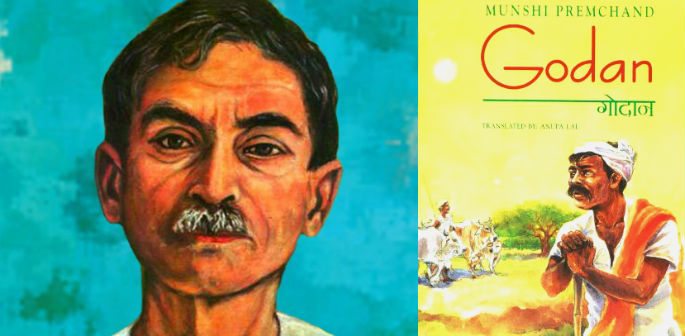He wrote about the lack of affection he felt from his stepmother.
Munshi Premchand was a celebrated Indian writer, born in 1880 in Uttar Pradesh.
What makes him a great writer lies in the simplicity of his writing.
Premchand was born on July 31 and started writing at a young age of 13.
Most of his novels were inspired by his own personal life and told stories about the socio-economic conditions.
He wrote about issues which hold importance till this date, such as caste discrimination and prevalence of dowry.
Indian poet Gulzar, who releases the screenplay format of Premchand’s classic novels, says: “Premchand’s is as relevant now as he was during the pre-independence era.
“His literature, the characters he wrote, the problems he talked about – we are still struggling to get over them. Be it the poverty or cast discrimination.”
Premchand lost his mother at eight years old. His grandfather was said to be a village accountant and and his father, a post office clerk.
When his father re-married, the writer wrote about the lack of affection he felt from his stepmother in his stories.
He married at the age of 15, but his marriage failed. In 1906, he married a child widow and faced criticism from society.
His characters in his stories were strong. His women were bold, with a mind of their own.
Yet, he also portrayed them as being chaste and obedient. Some say Premchand was ‘equally judgemental of men’, as he portrayed them as irresponsible, egoistic and selfish.
The great literature writer was said to live a life full of simplicity. He was fluent in Urdu and Persian and had also learnt English.
His famous novels include Pratigya, Gaban, Kafan, Idgah and Seva Sadan.
He quit his job in the 1920s to fight for India’s independence and joined the non-cooperation movement.
His novel ‘Godaan’ is his last and most recent literary work. He brings his working-class characters to life.
He passed away on October 8, 1936 to recurring illness.
An inspiring figure, the world will remember Munshi Premchand for his motivational quotes and unique writing style.






























































